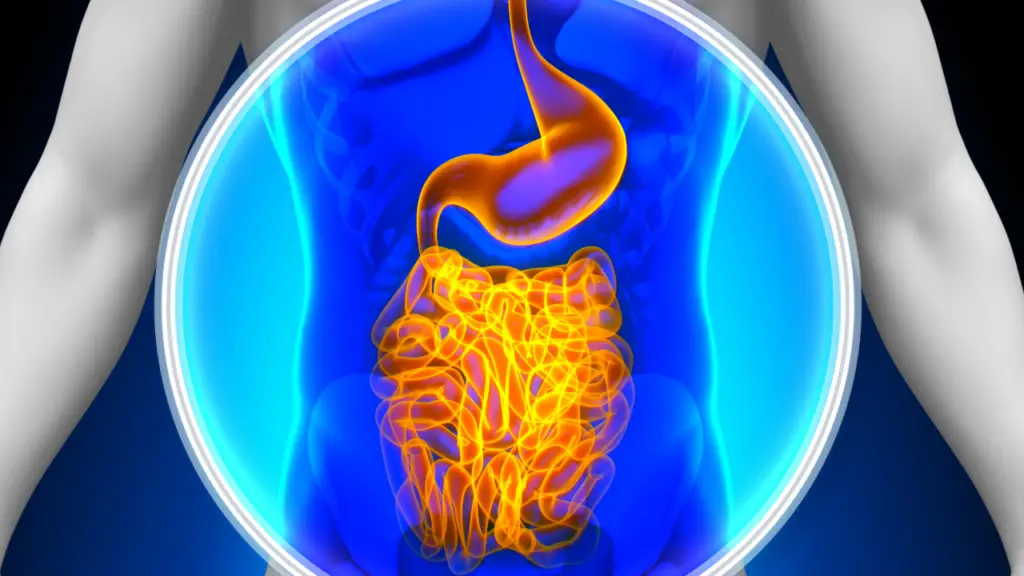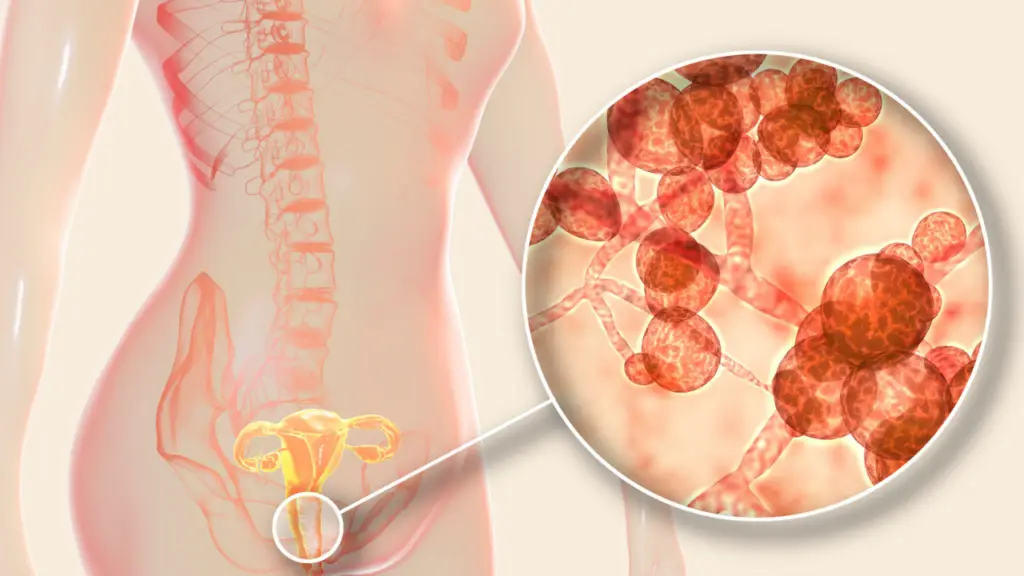When it comes to your health, you need to dive into the details of everything you consume. Imagine one of those foods or drinks is what's causing you to suffer from digestive symptoms.
Many of us often suppose that what we eat or drink is harmless. However, the glass of wine you're having every other day could be harming your health. Or is it the one thing promoting a healthy gut?
So, which one is it? We have all the answers to your questions in this guide!
What is Gut Health?
Before diving into wine and gut health, you need to understand what gut health is. You might notice digestive symptoms now and then or regularly if it's a chronic condition. But, what causes these symptoms in the first place?
Gut health doesn't concern only your stomach but the entire gastrointestinal tract. Multiple organs like the stomach, intestines, pancreas, esophagus, etc., are connected and make up your gastrointestinal tract. The function of this tract is to take the food from the oral cavity, digest it, and excrete the waste.

For this, your gut needs a balanced scale of gut microbiota, i.e., the bacteria that live in your digestive tract. Keeping bad bacteria and infectious agents in control and maintaining the production of good bacteria is key to a healthy gut.
There are numerous reasons for an unhealthy gut. For instance, foods and drinks play an essential role in keeping your gut health on track. Whenever there's an imbalance in the gut microbiota, you suffer from digestive symptoms like vomiting, diarrhea, constipation, and abdominal pain.
Are Some Wines Better Than Others?
Definitely! Red and white wine are both made of grapes, but the former wins the race regarding health.
A study performed by researchers of King's College London explored the benefits of red wine on gut health. We'll discuss the exact benefits later, but for now, let's find out why red wine is better.
Red wine contains numerous healthful compounds that cater to the prevention of a handful of diseases. This alcoholic drink can benefit your body, from regulating blood pressure to providing antioxidant properties when taken in moderation. Surprisingly, it is also being researched for its contribution to a healthy liver!

Here, we'll focus on the aspect of gut health. Red wine contains less sugar and an abundance of polyphenols than other alcohols, including white wine, beer, and cider. Statistics depict that red wine has seven times more polyphenols than white wine.
Polyphenols are organic compounds usually found in plant foods. According to medical research, they provide advantages that ensure a healthy body. Alongside their benefits to the rest of the body, polyphenols are also integral to a healthy gut system.
Why is Red Wine Good for Gut Health?
We've already talked about how red wine contains many nutritional components, including polyphenols. So, what is the role of polyphenols in gut health?
Probiotics Source
Polyphenols are probiotics in nature. Probiotics are living bacteria and yeast found in foods like yogurt, kefir, tempeh, etc. These living microorganisms are essential for promoting good bacteria in the gut.
They also decrease the production of bad bacteria harmful to the digestive system. Without probiotics, your body cannot maintain gut flora on its own. And the critical point is that you can only get probiotics from the food you eat.
In this case, red wine contains polyphenols, which are probiotics, and can help in regulating your gut bacteria.
Antioxidant Properties
Oxidative stress can put your entire body at risk, including your gut health. Cell death and inflammation are only two of the direct results caused by oxidative stress. It's also the leading cause behind a well-known gut condition called leaky gut, where the gut lining gets damaged.
Another angle that medical experts have looked into is red wine's antioxidant properties that relieve oxidative stress.
Anti-Inflammatory Properties
Alcohol is usually known as an immune system suppressant. For this reason, many alcoholics are at an increased risk of diseases compared to healthy individuals. On the other hand, red wine strays away from the usual category of alcohol and boosts the immune system.

T cells are one of the many white cells in your body. Furthermore, they're also one of the most important in fighting off diseases. Research depicts that with the promotion of healthy gut bacteria, polyphenols also activate the enzyme responsible for T cells' production.
This means that your gut has a higher chance of keeping itself safe from pathogens. As a result, it's safe to say that red wine can boost your body's overall immune system.
What Are the Risks to Your Gut Health from Other Alcohols?
Not all alcohols are created equal. You can't expect similar health benefits to your body, even wine to wine, as is the case with red wine. Unfortunately, if you lean more towards other alcohols, your gut will likely become disrupted.
After all, the usual glasses of white wine on a bad day will likely disrupt your gut system. Here's what happens to your gut health when you're a regular consumer of alcohol besides red wine:
Acid Reflux
The burning sensation in your gastrointestinal tract is a red flag for acid reflux. This chain of events happens when stomach acid goes up your esophagus, the pipe from where the food goes down.

Upon drinking alcohol, including wine, the esophagus muscles relax, allowing stomach acid to move back up. Recurrent acid refluxes in alcoholics can lead to GERD, a chronic acid reflux condition.
Leaky Gut
Let's recap; the gut microbiota depends on a balance between good and bad bacteria. Whenever this scale gets out of balance, you're likely to experience digestive symptoms, one of which is diarrhea.
The overproduction of bad bacteria causes a leaky gut, often caused by alcohol in someone who drinks regularly. In this condition, the intestinal walls are damaged and create openings that allow all types of toxins to get through.
Leaky gut, combined with low nutrient absorption and excess bile production, results in diarrhea.
Gastritis
Bad bacteria invites all kinds of infections, including stomach infections. Harmful bacteria in the stomach directly affect the production of mucous that forms the stomach lining.
When the stomach gets infected, the body's natural response is to fight against it, thus, leading to inflammation. Too much alcohol and the mucous production in your stomach are thrown off balance.
Pancreatitis
Another inflammatory response the gut system goes through with alcohol consumption is pancreatitis. For one, alcohol digests into toxic compounds that, of course, cause damage to the pancreas.
The increased oxidative stress due to alcohol consumption can also disrupt the routine functioning of this organ. Simultaneously, recent research shows that alcohol causes the body to excrete enzymes inside the pancreas instead of the stomach. The enzymes meant to break down, and digest food causes inflammation in the pancreas.
Candidiasis
Have you ever heard of candidiasis? It's often linked to vaginal yeast infections, but gut candidiasis is a thing, too! Candidiasis is a condition where a specific kind of fungus called candida is produced in excess.

The symptoms of gut candidiasis include bloating, diarrhea, constipation, gas, abdominal pain, and nausea. Alcohol allows bad bacteria to expand their reign in the gut and cause candida.
Increased Risk of Liver Disease
It's no coincidence that patients with liver transplants often have a medical history of alcohol habits. The liver processes alcohol in two ways. Firstly, it digests it, which releases toxins in the body.
And secondly, it stores the alcohol as fat. The increase of fat in the liver leads to a condition known as fatty liver. Another way that alcohol damages the liver is the death of healthy liver cells, causing hepatitis.
When the damage extends, cirrhosis occurs where the liver tissue is permanently damaged and can no longer function normally.
How Much Wine Should You Drink?
Excess of anything can cause problems, including red wine. Despite its health benefits, red wine is still alcohol. Drinking too much may do more harm than good for your body.
You'll start experiencing symptoms like blackouts, seizures, nausea, diarrhea, etc. Moreover, excessive drinking regularly can lead to long-term health risks. These include heart problems, psychological issues, liver diseases, and cancer.
So, the question is, how much wine is beneficial for your gut health without overdoing it?

Experts haven't reached a consensus on the ‘recommended amounts.' Some suggest that a glass of red wine weekly or every two weeks is enough to boost your gut health. If you have 1-2 glasses per day, you should take a break every week.
Meanwhile, the US Dietary Guidelines for Americans recommends having no more than a glass per day for women and two for men.
Ultimately, it depends on how much you choose to drink yourself. However, avoid crossing the 1-2 glasses each day limit; that's when you're risking your health.
When Should You Avoid Drinking Wine?
Red wine can be good for your health when taken in moderation. However, it would be best to avoid it in some circumstances. The following are the scenarios when you need to keep that glass of wine for another day:
- Activities that require a high concentration level like driving and working.
- Avoid wine at ALL costs if you're pregnant or breastfeeding. There are numerous risks linked to alcohol consumption during pregnancy and breastfeeding.
- If anyone in your family has a history of severe alcohol dependence, avoid drinking.
- Avoid drinking when you're on medication. Better yet, consult a doctor about whether or not you can have alcohol with your medicines.
- Suppose you're suffering from a condition that worsens after drinking alcohol—for instance, acid reflux, insomnia, high blood pressure, and asthma.
Final Thoughts
If you are concerned about drinking most types of alcohol, you may want to choose red wine! It is the best option when it comes to gut health. Its benefits for your gut health are tremendous, including that it's one of the most available probiotics foods.
Drink a glass of wine weekly and give your microbiota the help it needs to flourish. Don't forget to keep tabs on how much you're drinking and whether it's causing any side effects.
Cheers!






